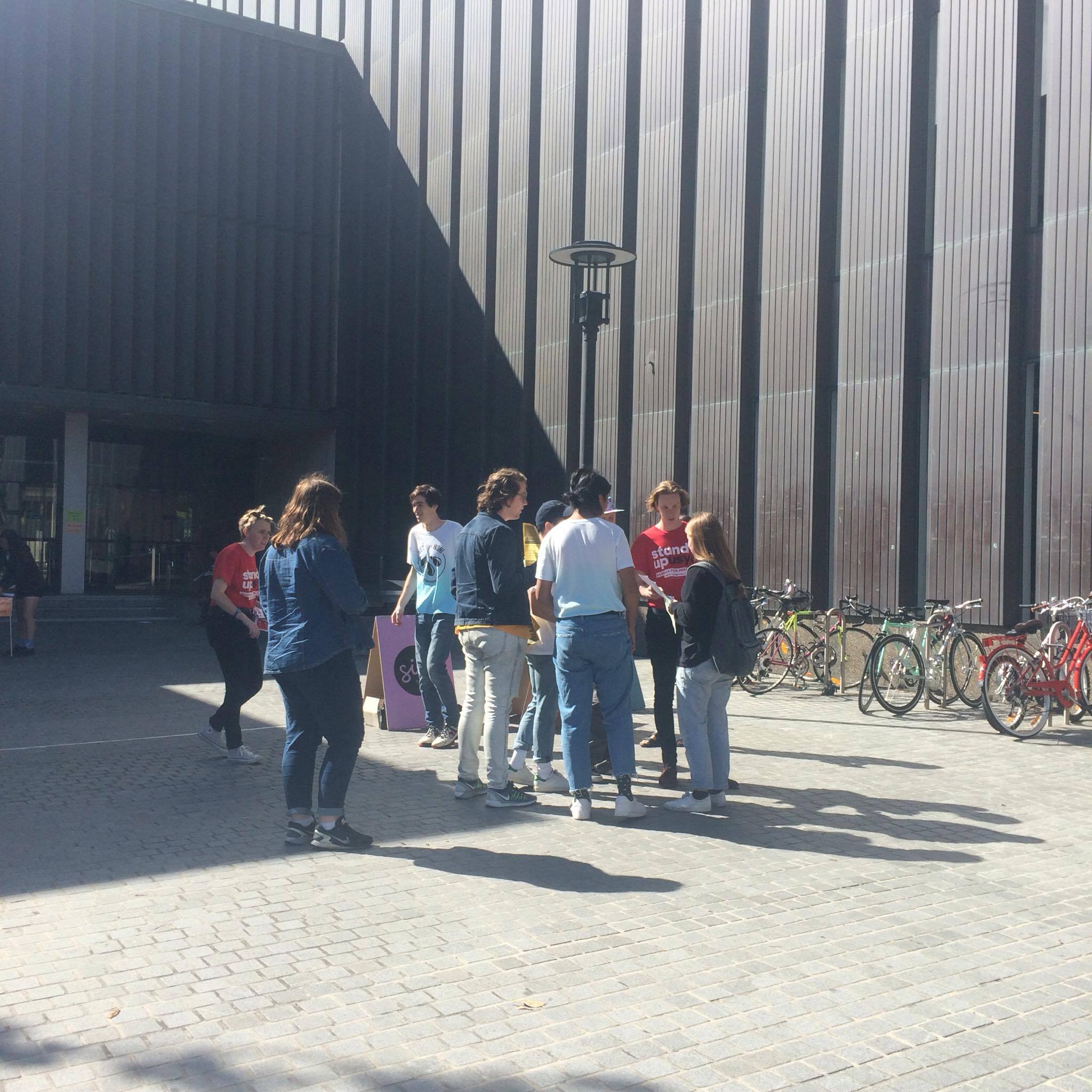The University of Sydney Students’ Representative Council (SRC) has passed a suite of changes to its electoral regulations that will see the on-campus campaigning period reduced from nearly three weeks to just under two.
On-campus campaigning will now begin on the Monday prior to voting (which is held on a Wednesday and Thursday with pre-polling on the Tuesday) and social media campaigning will begin on the Wednesday before that.
Honi published an analysis of the suggested changes when they were drafted, but they have since been altered following consultation with factions and the returning officer (RO).
Significantly, one alteration removed a clause that would have limited the number of campaigners who could surround any voter or group of voters to one person per brand. This means that there are still no restrictions regarding how many campaigners can approach student during election season.
An original suggestion to increase the exclusion zone surrounding polling booths from 10 to 15 metres also did not make it to the final motion.
Co-General Secretary Bella Pytka, who moved the motion, said, “These regulations will make the SRC elections a better experience for the campaigners, candidates, the staff of the SRC and the students of USYD”.
“The changes, for example, the shortening the length of the election the syncing of booth times will contribute to making sure elections are free, fair and are of benefit to everyone,” she said.
Samuel Chu, a general Executive member and seconder of the motion, told Honi, “the reforms could have been much stronger, but compromise is always essential to develop reforms with broad factional agreement”.
“At least it means that Eastern Avenue won’t be filled with hacks for three weeks, so that’s a plus,” Chu said. “It’s really irritating for normal students to be pestered for too long.”
The new reforms will allow campaigners to circulate printed materials in languages other than English, where previously all campaigning had to be in English. In-person campaigning must still be in English, and a third-party translator (and their translations) must be approved by the RO.
The reforms also relax the originally drafted caps on campaign expenditure — the first draft would have capped presidential campaign spending at $500 and other candidates at $50, but this has been amended to $750 and $100 respectively.
Honi campaigns will now be limited to $1500 in spending, as opposed to the previous $2000.
During the meeting, the proposed reforms went straight to a vote without the expression of dissent. They were passed with the unanimous support of those in the room.
However, councillors from Socialist Alternative (SAlt) left before the vote in what appeared to be an attempt to pull quorum (i.e. leave the meeting with too few councillors present to continue) and prevent the motion from going to a vote at this meeting.
One member of SAlt objected to the motion going straight to a vote before anyone expressed dissent. A member of Unity (Labor Right) responded, “we’ve been having discussions for three months”.
As the vote had already been called, SAlt’s action was unsuccessful.
“I’m very happy with where the Regs ended up,” co-General Secretary Daniel Ergas told Honi. “No-one got everything that they wanted, and we’ve reached consensus on a set of reforms that will make SRC elections bearable — thank God.”





